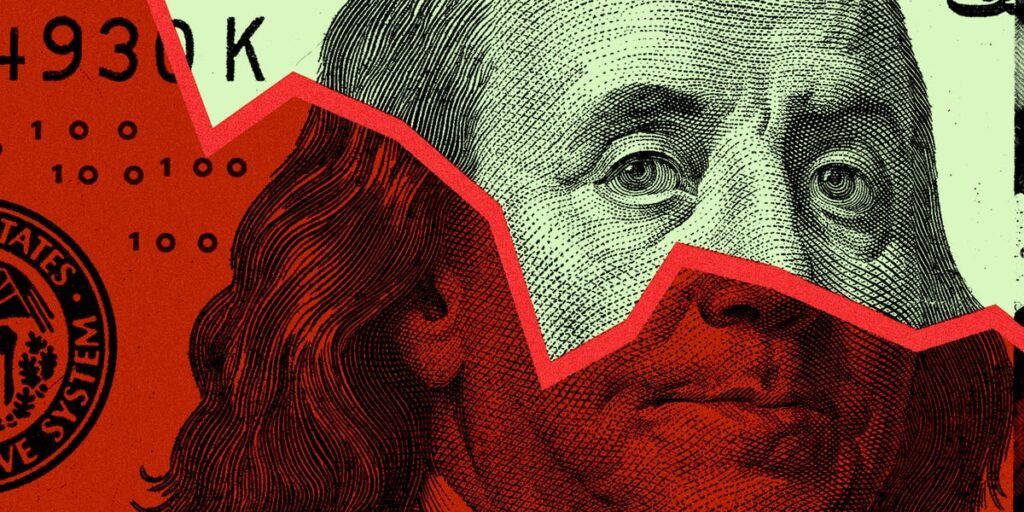Saudi Arabia Considers Transitioning From US Dollar in Oil Trade
Saudi Arabia, Oct 2023 – Saudi Arabia is exploring alternatives to the US dollar for its oil trade, signaling a potential end to a longstanding "petrodollar" agreement and raising implications for the dollar’s dominance in global markets, according to a recent report by the Atlantic Council.
In a blog post, the think tank analyzed the potential conclusion of a 1974 accord which required Saudi Arabia to exclusively use the dollar for oil sales. This "petrodollar" deal has, for the past five decades, solidified the US dollar’s role as the world’s primary financing and trading currency.
The 1970s marked a period of economic uncertainty for the United States, during which the petrodollar arrangement contributed to dollar stability. Under the agreement, in exchange for security assurances and military support from the US, Saudi Arabia agreed to recycle petrodollars into US bonds, reinforcing the dollar’s status as a global reserve currency.
However, significant changes have occurred since the agreement was established. The Atlantic Council noted that the US share of global GDP has declined from 40% to 25% since 1960. Additionally, American reliance on Saudi oil has diminished, thanks to a historic surge in US domestic oil production.
The emergence of alternative markets is encouraging oil-exporting nations to reevaluate their trading practices. "China has become Saudi Arabia’s largest oil customer, accounting for over 20% of the kingdom’s oil exports. Beijing has established strong, trade-driven relationships across the Middle East, where US influence has declined," said Hung Tran, a nonresident fellow at the Atlantic Council.
As a result, Saudi Arabia has begun to align itself with the de-dollarization movement, which aims to reduce the dollar’s supremacy in global finance. The kingdom is also viewed as a potential candidate for BRICS, an economic bloc vocal in its opposition to the dollar. Additionally, Saudi Arabia has collaborated with China on developing mBridge, a cross-border payments system utilizing central bank digital currencies.
Should these alternative payment systems gain traction, they pose a genuine threat to the liquidity of US Treasury securities, which are a key pillar of the dollar’s global status, Tran added. "In such a world, the dollar would remain significant but lose its oversized influence, sharing the stage with currencies like the Chinese renminbi, euro, and Japanese yen," Tran explained.
He concluded that Saudi Arabia’s approach to the petrodollar is critical in shaping the future financial landscape, just as its creation was pivotal fifty years ago.
Editor’s Note: This article has been revised to clarify that no official announcement was made by Saudi Arabia regarding oil trade in US dollars on June 13. There is no formal agreement mandating the use of US dollars for Saudi oil sales.
Source: Atlantic Council
